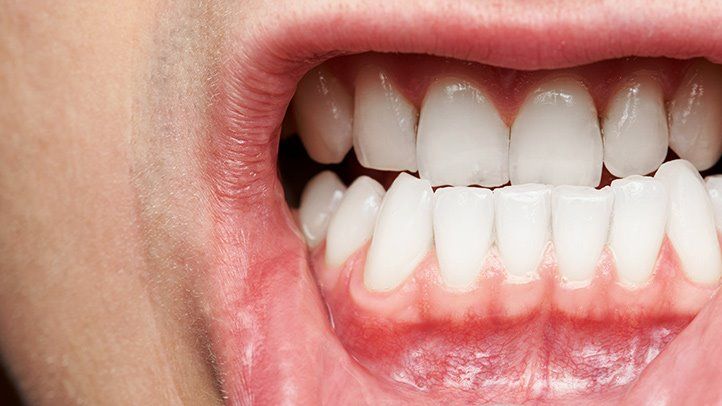You may have heard that missing teeth can increase your risk of developing dementia. Studies have linked dental disorders, such as tooth loss, to an increased risk of developing dementia in old age. Repairing or replacing missing teeth has been linked to a reduced chance of age-related memory loss and cognitive decline. In this article we’ll discuss the connection between missing teeth and dementia. Discuss your treatment options with expert dental care for your family in Burlington, ON.
In Case You Lose a Tooth, Here’s What You Should Know
- One-sixth of Americans over 65 lack natural teeth
- When adults lose teeth, it’s usually because of periodontitis.
- Periodontitis is a severe form of gum disease that damages the supportive structures around the tooth, finally causing the teeth to become loose and fall out.
An Overview of Dementia and What You Should Know
- According to the Centers for Disease Control and Prevention (CDC), more than 5 million Americans over the age of 65 suffer from dementia.
- Dementia refers to a group of symptoms that arise as a result of brain degradation, including difficulties with cognition, memory, and decision-making.
- Although Alzheimer’s disease accounts for most cases of dementia, it is by no means the only kind of disease.
Age, heredity, race/ethnicity, head injuries (past or present), smoking, and health problems (such as high blood pressure and high cholesterol) all contribute to an increased risk. Dementia has yet to have a definitive cause identified.
What You Need to Know About the Connection Between Tooth Loss and Dementia
The possibility of a connection between tooth loss and dementia was investigated in a new study published in the Journal of Post-Acute and Long-term Care Medicine by researchers from New York University’s Rory Meyers College of Nursing. This data analysis from 14 longitudinal studies included 37,074 healthy people and 4,689 adults with cognitive impairment. The following is what they determined:
Adults with more tooth loss had a 1.48 times higher risk of developing cognitive impairment
Despite adjustment for confounding variables, adults with more tooth loss were 1.28 times more likely to be diagnosed with dementia.
A study of adults with missing teeth found that those without dentures are more likely to develop a cognitive impairment (23.8% of those without dentures had this impairment compared to 16.9% of those with dentures).









